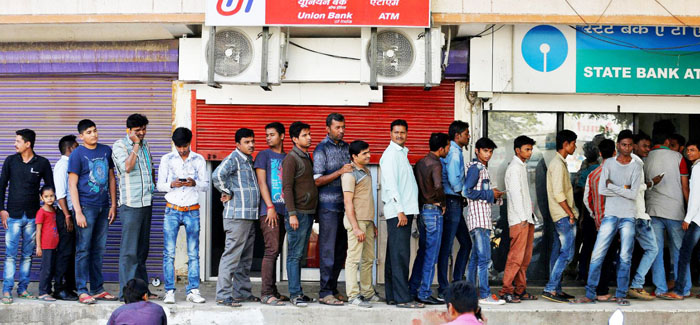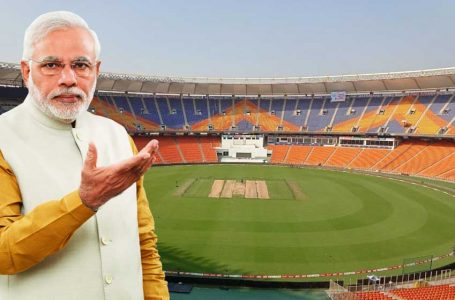Lok Sabha Election Results: How a Right PM Took Left Turn?
Indian PM Narendra Modi is a will-powered and robust leader. He exerts control to do something and restrain impulses. He works hard through long days, starting with sending emails, even before his aides and staffers have risen. Being a multi-tasker, he quickly scans the social media and looks for some clues that he thinks he can use for his political points. This is also, where he gets the public’s pulse.
Workers under him have been used to his style of working and with his campaign strategies, since his Gujarat Chief Minister days. They respect him for his extrasensory perception – the ability to know what could be a political issue.

PM Modi made some popular decisions such as refusing to discontinue the MGNREGA (Indian labour law and social security measure that guarantees the right to work), even if he sees it as a waste of money. Similarly, as his welfare agenda, Modi did not roll back the Food Security Act, which was highly criticised as extravagant.
Modi takes an excessive interest in minor details of political policy, making him a political wonk. He has the skills to proceed into implementing long-term programmes, and he is very receptive to massive targets. He has significant plans, including Jan Dhan, Swachh Bharat, Ujjwala, Ayushman Bharat, PM Awas Yojana and Pahal. All these are strongly marked to be put into effect, using technology platforms such as AADHAAR.
The PM always ensures that his welfare programmes benefit people. The Minimum Support Price (MSP) had already been planned and worked on, several months before the winter assembly elections in 2018, but its effect was slow.
The welfare programmes under PM Modi had a political element. Even though they were directed at the poor, they were created to make BJP a popular party among the electorate. Despite politics, BJP continues to rise. The implemented programmes also helped Modi’s credibility to grow among the people, who are not enjoying the same standard of living or the rights as the majority of the people in the society.

Perhaps the high-risk move that Modi took during his term as PM was the demonetization. It was when specific Indian Rupee Bills were withdrawn from use as currency, which was a measure to attack the circulation of black money. This money was either illegally obtained or not declared for tax purposes. It proved to be a political success, after much hardship. This has made the rich feel seriously uncomfortable and embarrassed. Those with large cash hoards hurriedly wanted to dispose of their currency, even giving salary advances to their domestic help.
Modi thinks big, especially in matters related to foreign affairs. While making sure that his country’s qualifications, achievements, the background remains intact, he built strategic relations with countries like Germany, United States, France, the UK, United Arab Emirates, Saudi Arabia, Japan and Australia. He believes that these alliances are essential in dealing with troublesome neighbours like China and Pakistan.
What caught the residents’ votes is Modi’s promise of a future that is more hopeful than what the corruption-tainted Congress make them believe.





